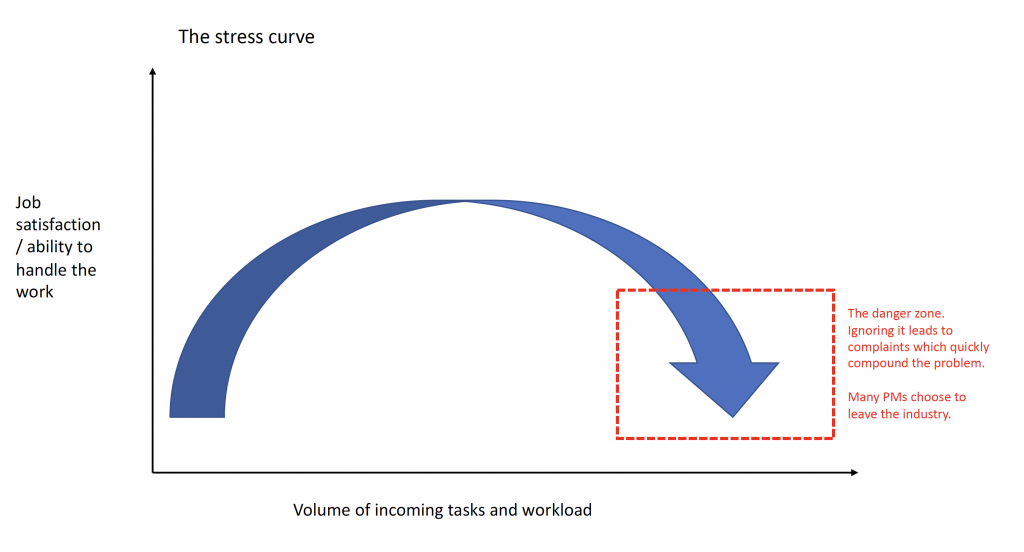Originally published in September 2020.
The answer is clearly no. I asked the question to get your attention and, perhaps, surface prejudice. It irritates me that property management or PM comes such a distant second to letting in the industry, as measured in glory, status, money and time spent by directors on their business. This article asks why this is, argues it is wrong and wonders if anything will be done about it.
The ‘why’ is easy. It’s because PMs do not win instructions. They are not listers, valuers or fee-winners, and, in agency as in much of life, the money goes to those who get the money. This has ramifications. Agencies tend to promote instruction-winners, so directors rarely come up the PM route, which entrenches the PM-as-ugly-sibling view. Indeed, I had a mini debate with the boss of one of the UK’s best portfolios last week – their letting teams are defined as ‘fee-earners’ but the PM teams are not. I agree they are not ‘fee-winners’ but if the PMs are not earning fees by doing their job then what are they doing?
The nature of the role doesn’t help. Once described as ‘counting teaspoons’, the PM role is hands-on and full on. Placating tenants, being organised and technical nous are prized skills, more so than hitting key messages in the valuation pitch. The lack of glamour is a problem, as is the tendency for agency owners to deliberately hire too few PMs to cut costs. Staffing debt comes calling as workloads rise (see graph) and many high-calibre PMs leave the industry in their late 20s in search of more money, career progression and less hassle – often to get RICS qualified so they can move into business-to-business work that tends not to include tenants screaming that their “f***ing hot water doesn’t work”. This regrettable brain drain compounds the PM-as-lower-calibre view.

A further problem is that PM talent and success are hard to quantify. With letting, the figures speak for themselves, dominating the branch and the boardroom. But how do you accurately and consistently measure the quality of your PM service to landlord and tenant? The landlord churn rate, sure, but unhappy landlords often stay until their tenancy ends, when it is too late to retrieve them, and happy landlords also leave (because of disposals or moving back in). Customer surveys are boring for clients and easy to manipulate. Rent collection is good but even a stellar property manager will struggle if the letting team have sourced low-quality tenants. (There are some good KPIs for PM but that’s for another day.)
If PMs do not win instructions, why should you care about their performance? Why not keep them in the back office and let them trundle on with boiler repairs and deposit disputes? Well, firstly, because they talk to your customers more than anyone. Via phone calls and emails, they are in touch with landlords far more than the letting teams, who vanish post-deal from the landlords’ point of view.
The PM delivers the hard news about costs and repairs but can create loyalty and rapport with efficient service, manners and a little personality. Most landlords want a personal service, one tailored to their particular needs, and the PM is best placed to deliver this. My first job was in advertising, where big ad agencies were obsessed with winning clients (going to such lengths as creating a huge black-and-white set to resemble the inside of a pint when pitching to Guinness) but then lost accounts because of poor ongoing relationship management. Letting agencies are the same.
Second, the PMs know the properties best, or at least they should. (Some firms run a PM service where the teams never visit the properties. I don’t like that – how can you manage a property effectively if you have never seen it?) Third, PM when done best becomes portfolio manipulation, via well-judged acquisitions, disposals, upgrades and potentially blending short, medium and long lets. This is not easy, but it creates tungsten bonds with landlords. Commercials agents do this and call it ‘asset management’ even though the asset is, er, always property.
Some business lenders ascribe double the value to fully managed revenue versus letting-only income
Lastly, some business lenders ascribe double the value to fully managed revenue versus letting-only income. To build value you must grow your fully managed portfolio, which means nurturing and caring for your PM team and service. At Finders Keepers, 75% of our tenancies were fully managed – what is your percentage? What are you doing to increase it?
What can you do to improve your PM service? You can do a lot. There will be low-hanging fruit, though no shortcuts. A key recommendation in my experience is to pay your staff more and hire more experienced PMs. Perhaps you dream of proptech salvation: let software do the work. The question ‘how much of the rental life cycle can be done by tech?’ pervades the industry and is too big for one paragraph. Low-value tasks should be automated, but be wary of software lauded as quick-fix PM headcount reduction. Venture capital-fuelled online and hybrid agents are scrambling to deliver ‘tech+service’ but nobody is doing it at scale – yet. The opportunity is clear, but the key question is: how big is the segment of landlords who want a dumbed-down ‘tech-led’ experience?
Agency bosses are flooded with ‘important and urgent’ challenges, as post-furlough rent collection looms. However, improving your PM service (and business) sits firmly in the ‘important but not urgent’ category. Do you have the energy and bandwidth to do this? Agencies that really care will stand out and bake more value into their portfolio. Those who are too scared or lazy to push their landlords to maintain their properties correctly and look after tenants with respect are dragging the industry down.








